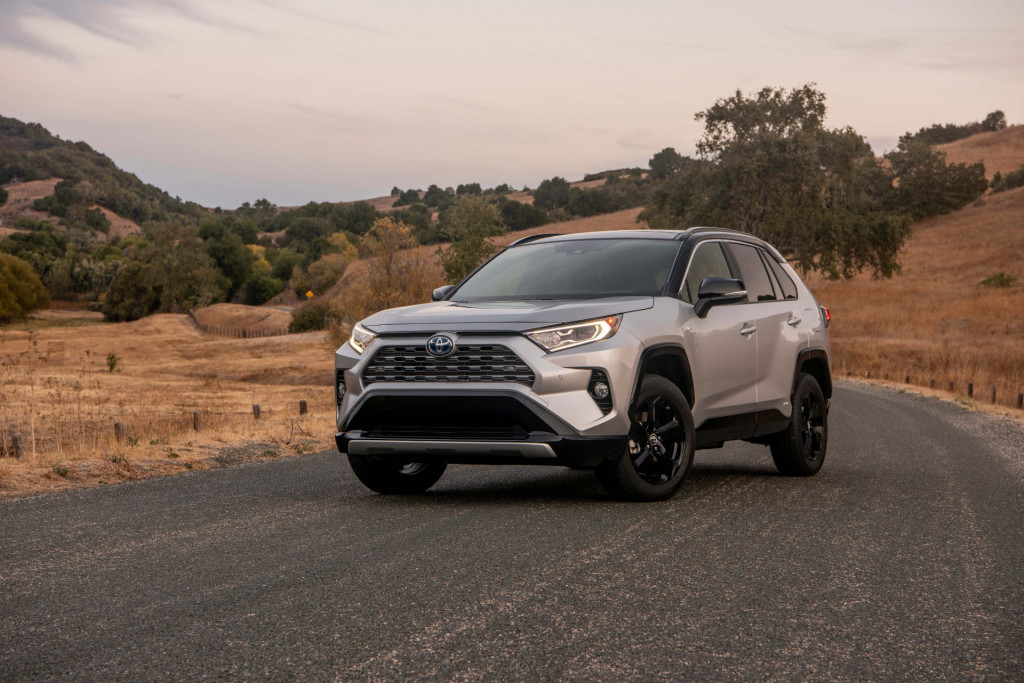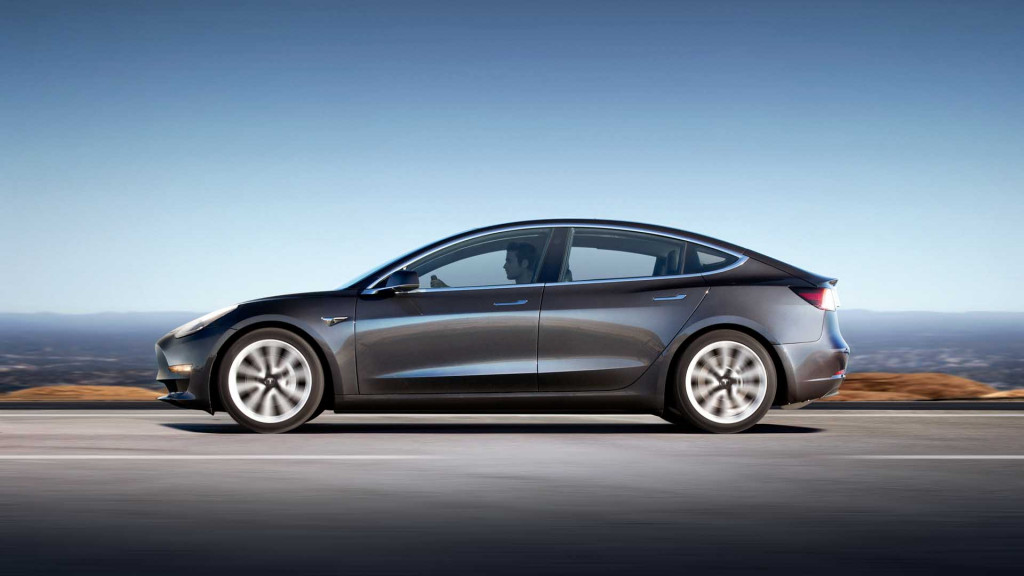With most numbers for vehicle sales in 2019 now tallied, it appears to have been the year in which hybrids got a second wind, electric vehicle growth stumbled, and plug-in hybrids started to fall out of favor.
In California, where a far wider range of plug-in hybrids are available, those trends are highlighted. The state registered a total market share of hybrids and EVs combined of 13.2% for 2019, with hybrids alone at 5.5% and EVs just behind at 5.3%. But the rise of hybrids, from 4.2% in 2018, was much more noteworthy than EVs’ rise from 4.7% in 2018.
That data comes from the latest California Auto Outlook, released in February by the California New Car Dealers Association. It counters the trendlines in the state sales charts just a few years ago, when hybrids were sinking, PHEVs were soaring, and EVs were growing modestly.

Electrified sales - California Auto Outlook, 2/2020
On a national basis, hybrids and electric vehicles combined amounted to about 4.3 percent in 2019 according to JP Morgan—significant growth from the federal figure of just 2.1 percent for 2018.
Light trucks (including trendy crossovers) have been the majority choice on a national level and in California for several years now, but California doesn’t skew quite as far toward truck favoritism. It registered roughly 42% cars and 58% light trucks in 2019, versus just 28% and 72% percent on a national level.
California’s new-vehicle market tumbled 5.5% in 2019, versus 2018, according to the Auto Outlook—a far more pronounced drop than the 1.1% observed on a national level. And that change happened in a very pronounced way—with light-truck sales essentially unchanged year over year but passenger-car sales falling more than 12%.
Domestic brands also had just a 30% share of the California market, compared to nearly 45% nationwide.

2019 Toyota RAV4 Hybrid
Toyota remained at the top for market share—with more than 17% in the state, or 20.5% including its Lexus luxury brand. That Toyota performance was likely aided by the brand’s wide availability of hybrids, including the nationally top-selling Toyota RAV4 Hybrid.
Tesla also fared very, very well for an all-electric automaker with just three models. It has a 3.8% market share in California, versus 1.1% nationally—with just three models, a higher market share than full-line makers BMW, Kia, Hyundai, Jeep, VW, and Mazda. Tesla sales rose just 3.3% in the state in 2019, versus a year earlier, while in the nation as a whole Tesla sales rose more than 10%.

2020 Tesla Model 3
In the “Near Luxury” category, the Tesla Model 3 is trouncing its less-efficient competition, with 43.7% of the market (nearly 60,000 registrations) in 2019, compared to the second-place Mercedes-Benz C-Class and its 9.9%.












